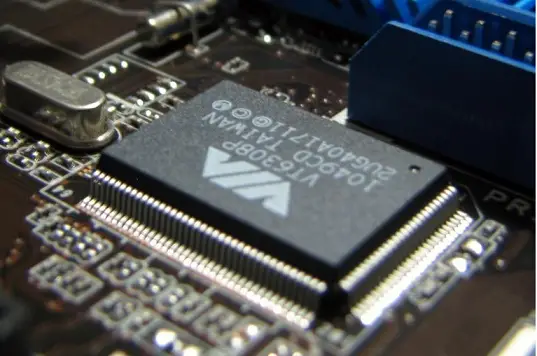CNBC reported that during a press conference on Friday, Eric Xu, the rotating chairman of Huawei said that it was his belief that the US government’s increasingly tight restrictions on the export of advanced technologies to China would force China to more quickly develop its own domestic chip industry.
Xu said, “I believe China’s semiconductor industry will not sit idly by, but take efforts around… self-strengthening and self-reliance. For Huawei, we will render our support to all such self-saving, self-strengthening and self-reliance efforts of the Chinese semiconductor industry.”
His comments came as Huawei is confronting increasingly restrictive export rules on items related to 5G and other technologies which the US has been implementing in a bid to limit China’s technological advancement in fields it deems related to military technologies. More recently, Washington has indicated it is considering barring all export licenses for Qualcomm and Intel, which supply China with chips for smartphones and other devices.
In 2019, Huawei was placed on a US trade blacklist which forced most American technology suppliers to obtain licenses to ship their products to the company. The move was an attempt to prevent the company from developing the ability to buy or design semiconductor chips which could eventually be used to power its devices, and advance its nation’s military capabilities.
Xu said, “I believe China’s semiconductor industry will get reborn under such sanctions and realize a very strong and self-reliant industry.”
In the speech, he also confirmed that China had developed the tools to independently make semiconductor chips sized at 14 nanometers and above. Xu noted the tools should undergo official verification and approval this year, which will then allow them to be put into use in Chinese industry.
Tensions have been growing between the US and China, as the world’s two largest economies have been competing for domination of key areas in the technological sector, including in semiconductors. Vital to the manufacture of everything from smartphones to weapons design and manufacturing, semiconductor chip manufacture has become a key battleground as tensions have grown between the nations, and real physical confrontation looms over territorial issues such as China’s claims to islands in the South China Sea, or the independence of the island nation of Taiwan.
America has also been urging allies to deny China access to critical technologies as well. The Netherlands, Europe’s biggest manufacturer of advanced chip-making technology recently joined the United States in restricting Chinese access to advanced lithographic technologies crucial to making the most advanced semiconductor chips.
Meanwhile on Friday, Japan announced new plans to restrict semiconductor exports, and while not specifically naming China, the move was widely seen as another victory for the United State’s efforts to limit China’s access to crucial technologies.


